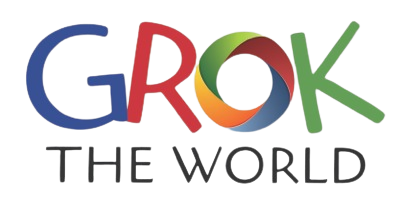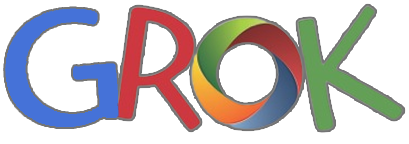When I first learned how to make empathy guesses using Nonviolent Communication skills, it felt foreign, awkward, and stilted. Almost as though I was learning a foreign language.
I would verbalize to my teenage children, “Are you feeling…..?” or “Are you needing….?”, and they would often utter (in a rather annoyed voice) “Oh, Mom, are you doing that NVC stuff again? Please stop!”
Needless to say, if you are looking to practice your new skills of Nonviolent Communication, immediate family might be the place of last resort. Especially teenage children...
So I turned to the next best option—the sauna at my gym!
Given that folks are half-naked and sort of a captive audience, it seemed like a good bet. Usually, if just a few people were in the sauna, a conversation would ensue and before long some situation or belief would crop up and offer me the opportunity to make an empathy guess.
I remember one conversation where a man said, with no small hint of annoyance, “Why is it every time I come here and want to swim, those older women are having their water aerobics class?”
Hmm, I thought, what is he feeling and needing? So I gathered my courage to make my empathy guess. “You sound disappointed and I imagine this is the only time you can get your exercise.” He looked at me kind of dumbfounded and said ‘Yeah’.
He continued “This has happened several times.” I had to bite my tongue to prevent myself from saying, “Why don’t you just check the swim schedule?” Instead, I said “Must be really frustrating. It’s a matter of your physical health and well-being” and he replied “Absolutely. I think I need to get a copy of the swim schedule.”
Sometimes it's better to help people find their own way to an answer than simply provide one!
I made it my mission, my quest, to give empathy to everyone who came into the sauna. One person even asked me “Are you a therapist?” (I only had one psychology class in college).
Problem was, after about 20 minutes I began to get a bit too hot and sweaty to continue my quest. This venue had a time limit!
However, with the newfound confidence I developed in that sauna, I started making empathy guesses everywhere I went—with the checker at the supermarket, those in line at the bank, shoppers at the Farmers Market.
When the store checker asked me how I was doing, I didn’t answer the typical “OK”, rather I said “I’m actually feeling overwhelm with all that’s on my plate.” She said “Me too. Seems like a lot of people are stressed out. I know I am.” (Yay, another opportunity for empathy!) “I can imagine you want to feel comfortable and at ease in your job” I said. “Yes, it makes it harder to be nice to the customers when I’m stressed.” I replied, “Sounds like you want to offer your best self and brighten the day of your customers.” Then she responded, “You just brightened mine.”
This seemingly simple interaction left me so happy I pretty much floated out of that store, and I imagine she felt much the same way!
Marshall Rosenberg, the founder of Nonviolent Communication, often said one of our greatest joys is contributing to the well-being of others. Given how stressed and unsettled people seem these days, giving the gift of empathy may brighten the soul of anyone (and everyone) in your life.
Alan Rafael Seid, an NVC trainer colleague, defines empathy as follows:
"Empathy is a universal human need for being deeply understood. We can think of it as a respectful or compassionate understanding. When offering empathy, we embody a quality of being completely present with what is alive in the other person moment to moment. Therefore, empathy has a quality of following, rather than leading."
Yet most of us have been habituated to lead rather than follow by giving some of the following responses (which I could have easily given to the man in the sauna who felt he was prevented from swimming):
⦁ Sympathy - “I’m so sorry you aren’t able to swim.”
⦁ Advice - “Why don’t you come earlier to swim?”
⦁ Interrogation - “Is there some other exercise you can do instead?
⦁ Educating - “You need to get a copy of the swim schedule.”
⦁ Telling one’s own story/one-upping - “Oh, you think that’s bad, I broke my arm and couldn’t swim for four months.”
So often lately I’ve heard or read that empathy is the quality most needed to help us get through these uncertain and unpredictable times. Human contact seems to be more precious than ever. Giving others our full presence, listening deeply, and responding empathetically may be the best gift we can give these days. It’s just good medicine.
The world seems to need a lot of things these days, but perhaps more than most things, what the world needs now is empathy.


